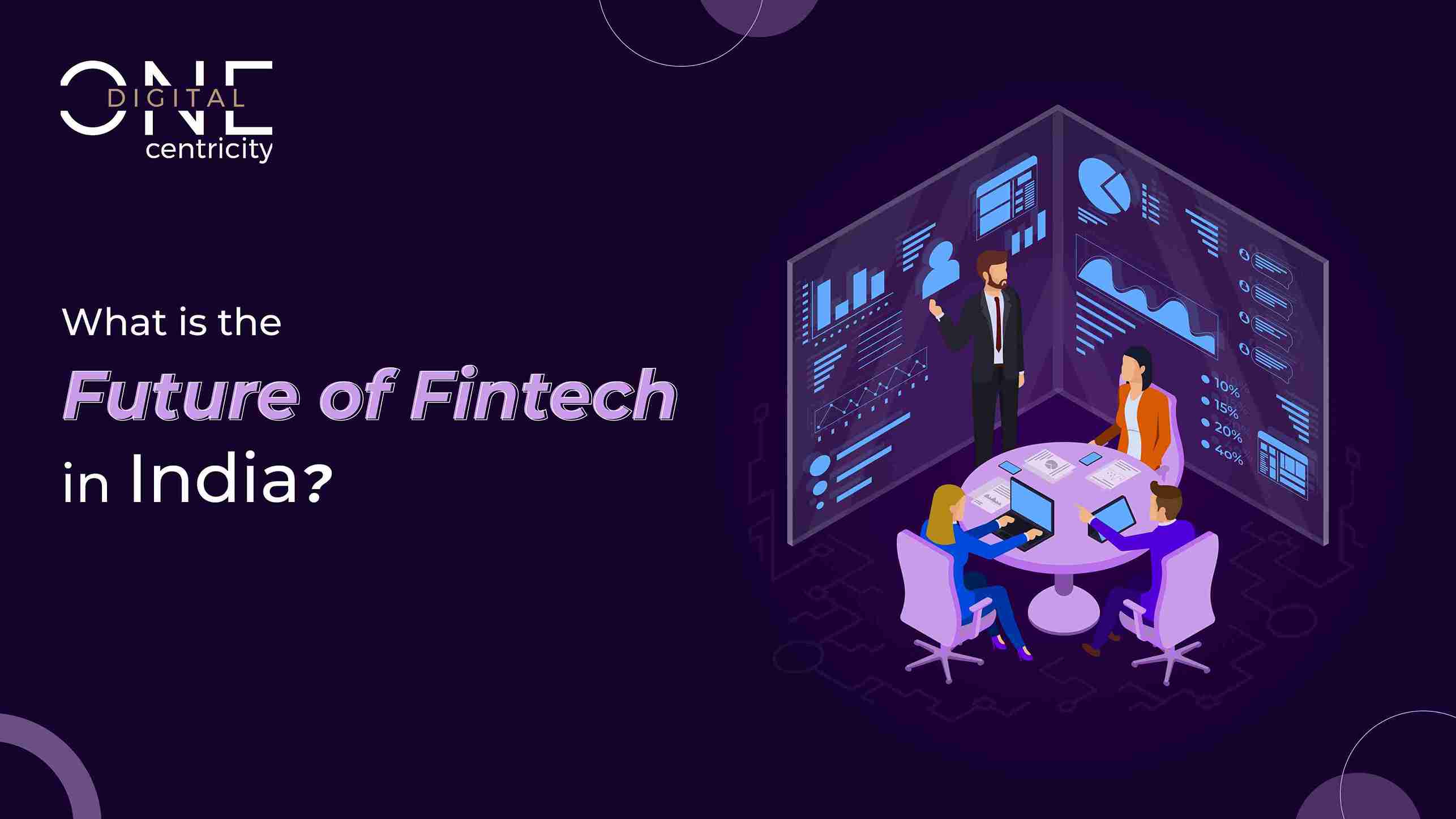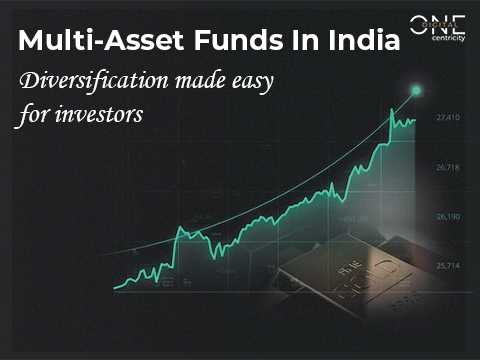What is the Future of Fintech in India?
26th March 2024 | Author : Centricity

“Yesterday is a dream, tomorrow is a vision!”
Fintech, a fusion of finance and technology, has been revolutionising the financial landscape globally, and India is no exception. With a burgeoning digital economy and a massive population embracing technology, India presents a fertile ground for fintech innovation.
The evolution of fintech in India has been remarkable, driven by factors such as technological advancements, government initiatives, increasing internet penetration, and a growing demand for digital financial services.
Stages of fintech evolution in India:
Traditional financial institutions recognised the potential of fintech and started collaborating with startups to enhance their digital capabilities. Several banks and financial institutions launched their own fintech initiatives or partnered with existing fintech firms to offer a broader range of services to customers.
Types of FinTech Segments!
The word "fintech" is broad and covers many sub-sectors, each adding something special to the financial ecosystem. These consist of blockchain-based solutions, robo-advisors, peer-to-peer financing, and digital payments. Gaining an appreciation of the wide range of technological interventions in finance requires an understanding of the many types of Fintech.
Benefits of Fintech!
- Financial Inclusion:
Fintech has the potential to bridge the gap between the banked and unbanked populations in India. With innovative solutions like mobile banking, digital wallets, and peer-to-peer lending platforms, fintech can extend financial services to the country's remotest corners.
- Leveraging Big Data and AI:
India generates vast amounts of data, and fintech companies can harness this data using artificial intelligence (AI) and machine learning algorithms to offer personalized financial services, credit scoring, and risk assessment, thereby improving decision-making processes.
- E-commerce and Digital Payments:
The rise of e-commerce platforms coupled with the government's push for digital payments through initiatives like Unified Payments Interface (UPI) has created a conducive environment for fintech companies to innovate in the payments space. This includes contactless payments, subscription billing, and secure transaction processing solutions.
- SME Financing:
Small and Medium Enterprises (SMEs) form the backbone of India's economy, and fintech can play a crucial role in providing them with easier access to credit, invoice financing, supply chain financing, and other financial services tailored to their needs.
- Wealth Management and Investments:
Fintech platforms are democratizing wealth management by offering investment options like robo-advisors, micro-investing apps, and digital wealth management platforms, making it easier for individuals to invest in diverse asset classes at lower costs.
Future Outlook!
The Indian fintech ecosystem is expected to continue proliferating, driven by factors like favourable government policies, increasing smartphone penetration, rising consumer demand for digital financial services, and technological innovation.
Areas such as digital lending, wealth management, insurance, and blockchain-based solutions are expected to see further expansion and innovation.
Overall, the evolution of fintech in India has been characterised by rapid growth, technological innovation, regulatory support, and increasing collaboration between traditional financial institutions and fintech startups, leading to a more inclusive and efficient financial ecosystem.
Disclaimer: The above information should not be relied upon for personal or financial decisions, and you should consult an appropriate financial professional for specific advice. The information presented under our newsletter and blogs is solely for informational purpose!

Thematic Funds in India: A Growing Trend in Investment!
30th January 2025

Are you investing in SIPs smartly ?
21st January 2025

Multi-Asset Funds in India: Diversification Made Easy for Investors
16th December 2024

Multi-Cap vs Flexi-Cap Mutual Funds: Where to Invest in 2024?
26th September 2024


